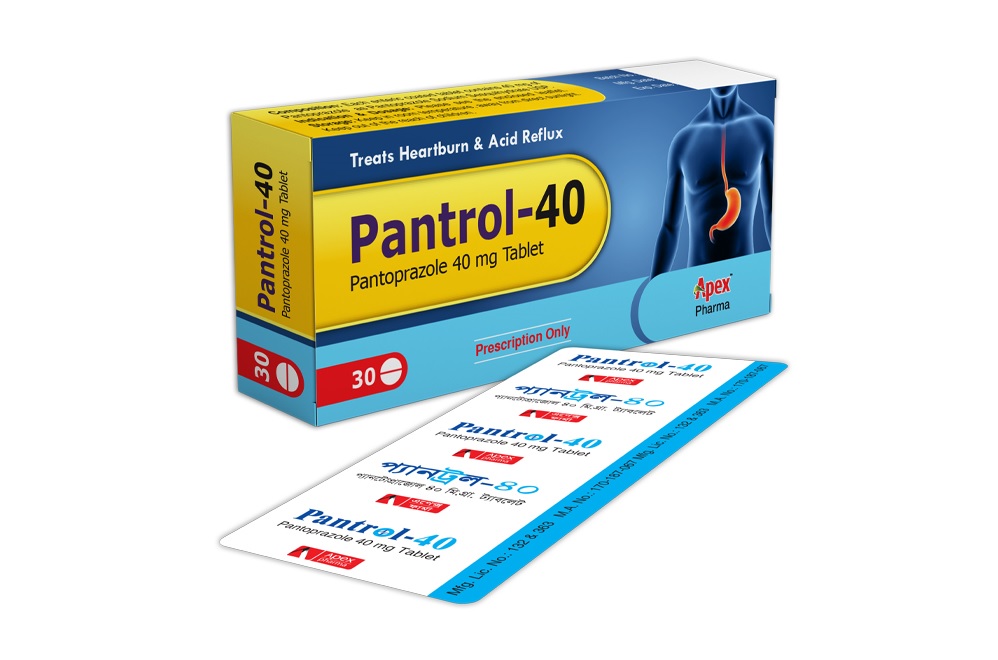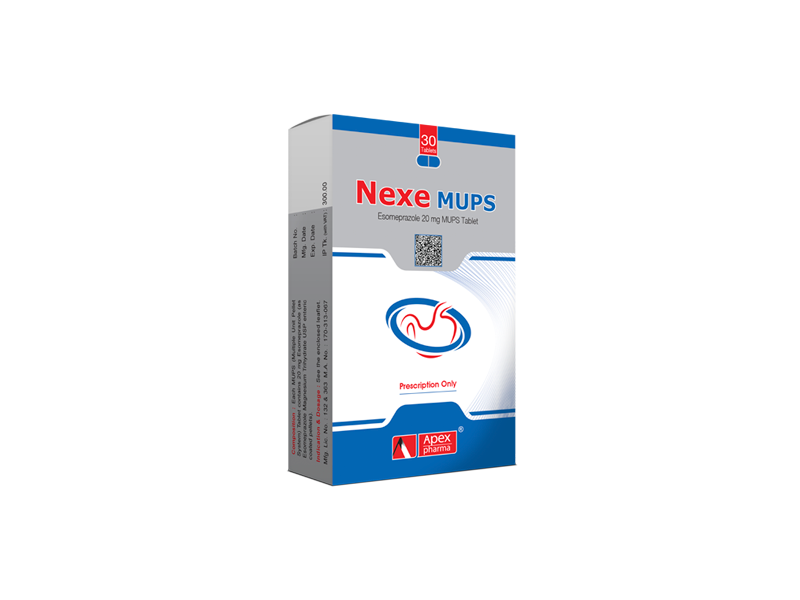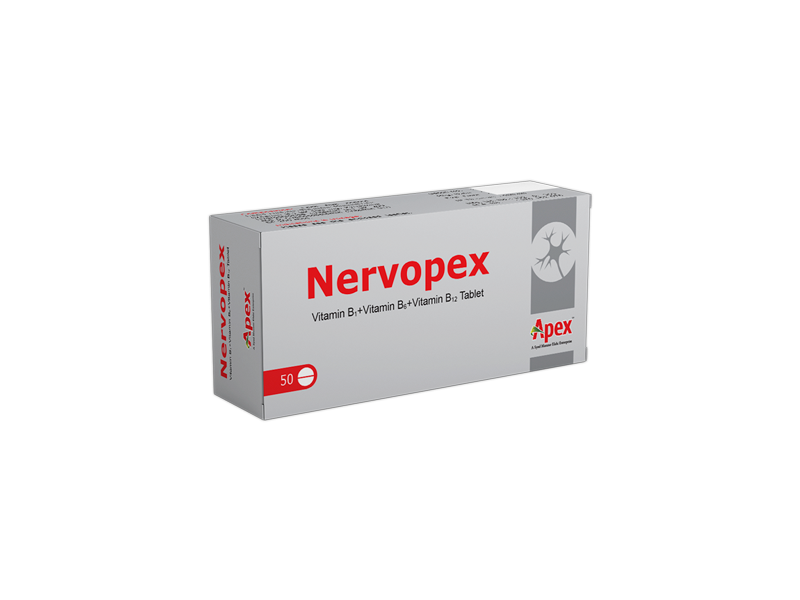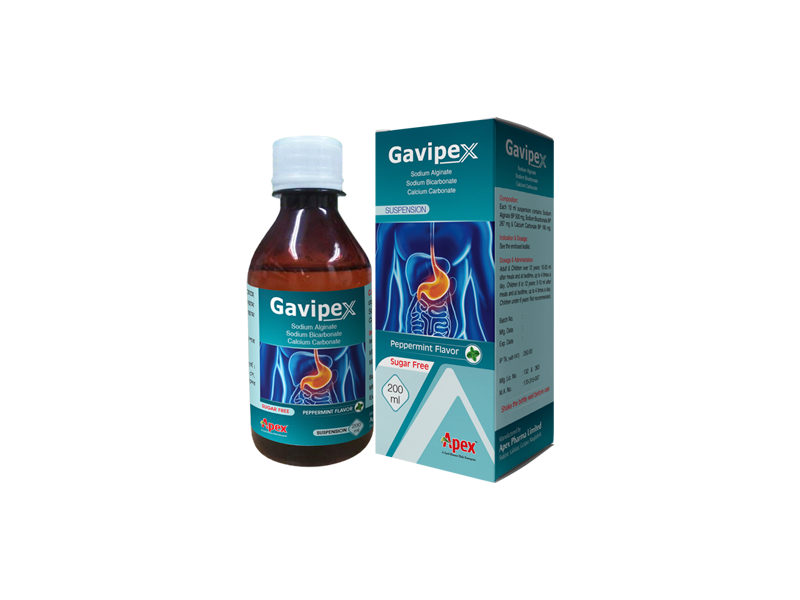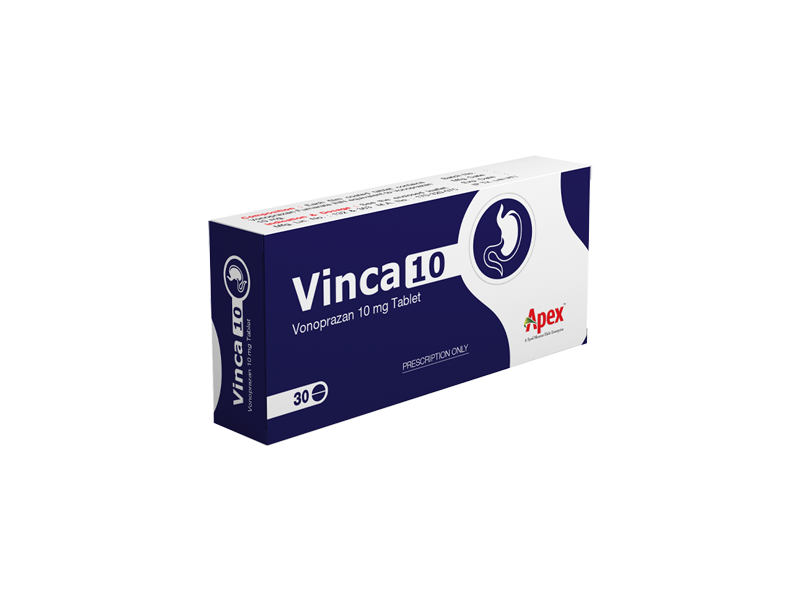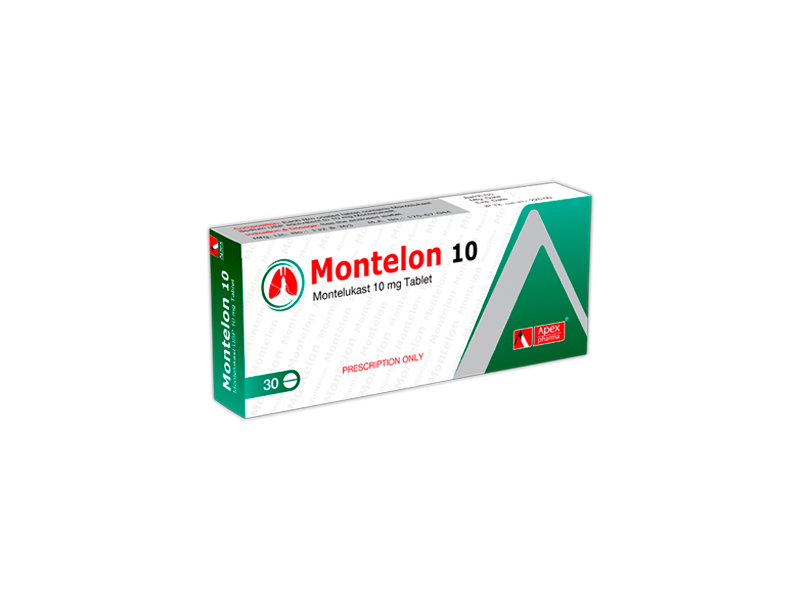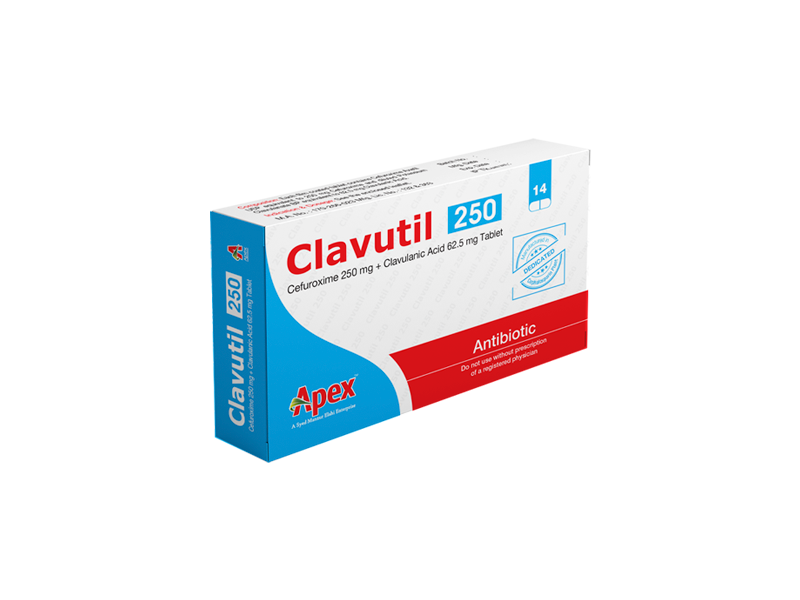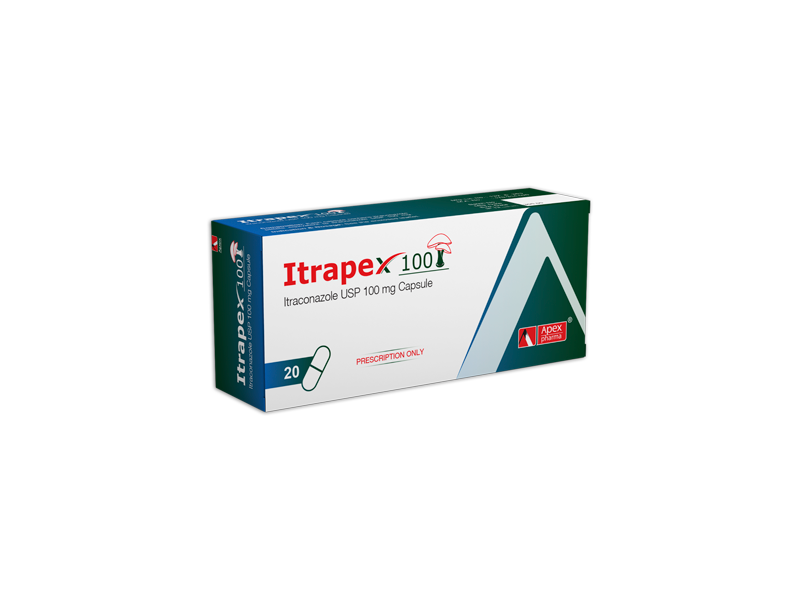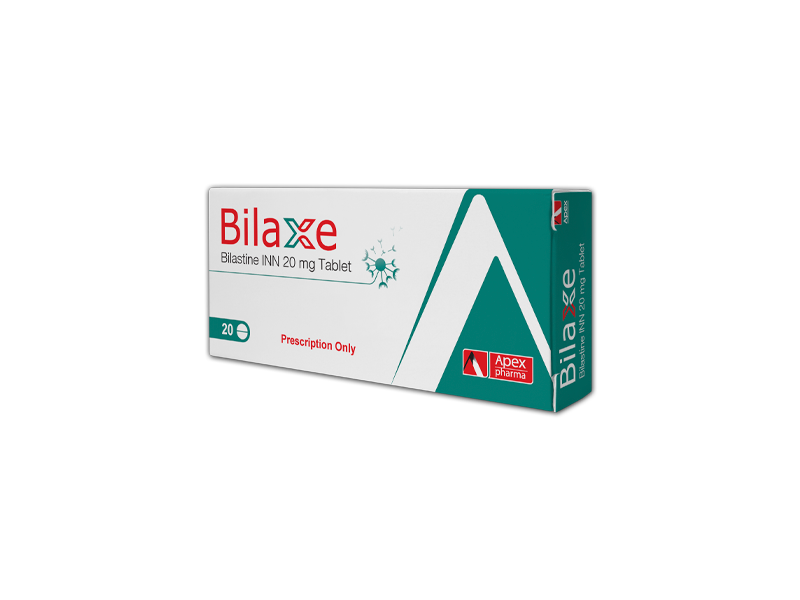
Pantrol
Home / By Brand Name / Pantrol
COMPOSITION
Pantrol-20 Tablet: Each enteric coated tablet contains Pantoprazole 20 mg as Pantoprazole Sodium Sesquihydrate USP.
Pantrol-40 Tablet: Each enteric coated tablet contains Pantoprazole 40 mg as Pantoprazole Sodium Sesquihydrate USP.
PHARMACOLOGY
Pantrol (Pantoprazole) is chemically a novel substituted benzimidazole derivative which suppresses the final step in gastric acid production by covalently binding to the (H +/K+ ) -ATPase enzyme system at the secretory surface of the gastric parietal cell. This effect leads to inhibition of both basal and stimulated gastric acid secretion irrespective of the stimulus. The binding to the (H + /K+ )-ATPase results in a duration of antisecretory effect that persists longer than 24 hours. Pantoprazole is extensively metabolized in the liver. Almost 80% of an oral dose is excreted as metabolites in the urine; the remainder is found in feces and originates from biliary secretion.
INDICATION
Pantrol is indicated where suppression of acid secretion is of therapeutic benefit, such as - peptic ulcer diseases, GERD, treatment of ulcer resistant to H 2 receptor antagonists, treatment of ulcers induced by NSAIDs, gastrointestinal bleeding from stress or acid peptic disease, eradication of Helicobacter pylori, Zollinger-Ellison syndrome, prophylaxis for acid aspiration syndrome during induction of anesthesia.
DOSAGE & ADMINISTRATION
Prophylaxis of NSAID-associated gastric or duodenal ulcer in patients with an increased risk of gastroduodenal complications who require continued NSAID treatment: 20 mg daily. Gastro-esophageal reflux disease: 20-40 mg daily in the morning for 4 weeks, continued for further 4 weeks if not fully healed; maintenance 20 mg daily, increased to 40 mg daily if symptoms return. Duodenal ulcer: 40 mg daily in the morning for 2 weeks, continued for further 2 weeks if not fully healed. By mouth, benign gastric ulcer: 40 mg daily in the morning for 4 weeks, continued for further 4 weeks if not fully healed.
Zollinger-Ellison syndrome (and other hypersecretory conditions): initially 80 mg once daily adjusted according to response (elderly max. 40 mg daily); daily doses above 80 mg should be given in 2 divided doses.
Children: There are no adequate and well controlled studies in children.
CONTRAINDICATION
Pantoprazole is contraindicated in patients with known hypersensitivity to any of the ingredients of this preparation.
PRECAUTION
Patient should be contraindicated that Pantoprazole tablets should not be split, chewed or crushed. In gastric malignancy & severe liver diseases Pantoprazole should be avoided. No dosage adjustment of pantoprazole is required in patients with mild, moderate or severe renal insufficiency or in elderly patients. No dosage adjustment is needed in patients with mild or moderate hepatic impairment, but in hepatic cirrhosis, the dosing is reduced to every other day.
SIDE EFFECT
No serious adverse reactions have been reported yet. There are two most common symptomatic adverse effects reported; headache and diarrhea. Other side effects may include abdominal pain, dizziness, nausea, epigastric discomfort, flatulence, skin rash, pruritus etc.
USE IN PREGNANCY AND LACTATION
Pantoprazole is a drug of pregnancy category B. Teratology studies have been performed in animals and have revealed no evidence of impaired fertility or harm to the fetus due to Pantoprazole. There are, however, no adequate and well-controlled studies in pregnant women. So Pantoprazole should be used in pregnant women carefully. Pantoprazole and its metabolites are excreted in animal milk. It is not known whether Pantoprazole is excreted in human milk or not. A decision should be made whether to discontinue nursing or to discontinue the drug, taking into account the benefit of the drug to the mother.
DRUG INTERACTION
No drug interaction was found with concomitant use of theophylline, caffeine, carbamazepine, diazepam, diclofenac, digoxin, ethanol, oral contraceptives, metoprolol, nifedipine, phenytoin and warfarin.
Keep in room temperature, away from direct sunlight. Keep out of the reach of children.
PRODUCTS
